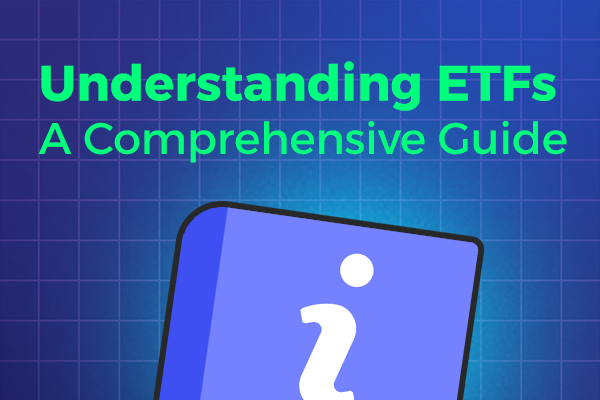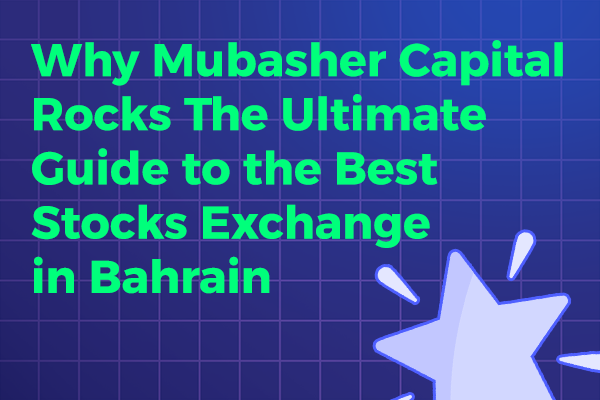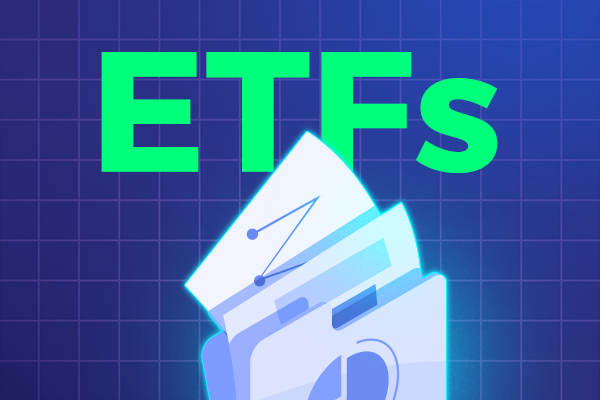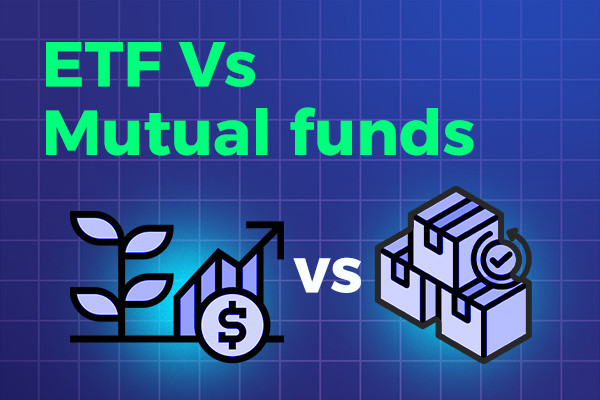Exchange-Traded Funds, commonly known as ETFs, have become an integral part of modern investment strategies. Their appeal lies in their simplicity, diversification benefits, and ease of trading.
This guide delves into the intricacies of ETFs, exploring their advantages, operational mechanisms, and the unique offerings provided by entities like Mubasher Capital.
What is an ETF?
An ETF is a type of investment fund that is traded on stock exchanges, similar to stocks. These funds hold assets such as stocks, commodities, or bonds and generally operate with an arbitrage mechanism designed to keep trading close to its net asset value, though deviations can occasionally occur.
Key Features of ETFs
1- Diversification: By investing in an ETF, you gain exposure to a broad range of assets. This diversification can mitigate risk, as losses in some assets may be offset by gains in others.
2- Liquidity: ETFs are traded on major stock exchanges, providing high liquidity. This allows investors to buy and sell shares throughout the trading day at market prices.
3- Cost Efficiency: ETFs often have lower expense ratios compared to mutual funds. This cost efficiency is due to their passive management style, typically following an index.
4- Transparency: ETFs regularly disclose their holdings, ensuring that investors are well-informed about the underlying assets.
How ETFs Work
ETFs function by holding a basket of assets that replicate an index, sector, commodity, or other benchmarks. The fund issues shares that represent a proportional interest in the pooled assets. These shares can be bought and sold on the stock exchange at market prices.
Creation and Redemption Process
The creation and redemption of ETF shares are performed by authorized participants (APs), usually large financial institutions. Here’s how it works:
- Creation: APs acquire the underlying assets and deliver them to the ETF issuer in exchange for new ETF shares.
- Redemption: APs return ETF shares to the issuer in exchange for the underlying assets.
This process helps maintain the ETF‘s market price close to its net asset value.
Unlock Wealth: Sign Up Now for Smart Investing Success
Types of ETFs
There are various types of ETFs catering to different investment needs:
1- Equity ETFs: Track indices of stocks from various sectors and regions.
2- Bond ETFs: Include government, corporate, and municipal bonds.
3- Commodity ETFs: Invest in physical commodities like gold or crude oil.
4- Sector and Industry ETFs: Focus on specific sectors such as technology, healthcare, or energy.
5- International ETFs: Provide exposure to foreign markets.
6- Inverse and Leveraged ETFs: Designed for short-term trading, these ETFs seek to deliver multiples of the performance of the index they track or the inverse of its performance.
Benefits of Investing in ETFs
Accessibility
ETFs democratize investing by allowing access to a diverse range of assets without needing significant capital. Whether you’re a retail investor or a seasoned professional, ETFs offer an efficient way to build a diversified portfolio.
Flexibility
With ETFs, investors can tailor their strategies to match market conditions and personal risk tolerance. They can hedge positions, speculate on market movements, or simply seek long-term growth.
Cost-Effectiveness
The cost benefits of ETFs extend beyond their lower expense ratios. They also typically have lower transaction costs compared to buying individual securities. Moreover, ETFs are tax-efficient, as their structure minimizes capital gains distributions.
Mubasher Capital’s Role in the ETF Market
Mubasher Capital, licensed from Bahrain Central Bank, is a notable player in the financial services industry, offering a wide range of ETF services. Their commitment to innovation and excellence has made them a trusted partner for investors seeking to leverage the benefits of the ETF.
Mubasher Capital ETF Services
Mubasher Capital ETF Services provide comprehensive solutions for investors looking to enter the ETF market. These services include:
- ETF Trading: Facilitating the buying and selling of ETFs on major exchanges, ensuring competitive pricing and liquidity.
- Portfolio Management: Offering expert advice on building and managing ETF portfolios to meet specific investment goals.
- Research and Analysis: Providing in-depth market research and analysis to help investors make informed decisions.
Mubasher Capital Trading Services
In addition to ETF services, Mubasher Capital Trading Services encompass a wide array of trading markets (up to 87). These services are designed to meet the diverse needs of investors, whether they are looking to trade equities, bonds, or other financial instruments.
Regulatory Oversight
The role of regulatory bodies in ensuring the integrity and transparency of financial markets cannot be overstated. Mubasher Capital, being licensed from Bahrain Central Bank, operates under stringent regulatory standards. This licensing ensures that their services meet high standards of professionalism, reliability, and security.
Conclusion
ETFs represent a versatile and efficient investment vehicle that caters to a wide range of investment strategies and goals. Their inherent benefits of diversification, liquidity, and cost-efficiency make them an attractive option for both novice and seasoned investors.
Entities like Mubasher Capital play a crucial role in facilitating access to the ETF market. Their comprehensive ETF and trading services, backed by regulatory oversight from the Bahrain Central Bank, provide investors with the tools and support they need to succeed in today’s dynamic financial landscape.
By understanding the fundamentals of ETF and leveraging the expertise of trusted partners like Mubasher Capital, investors can navigate the complexities of the financial markets with confidence and precision.



